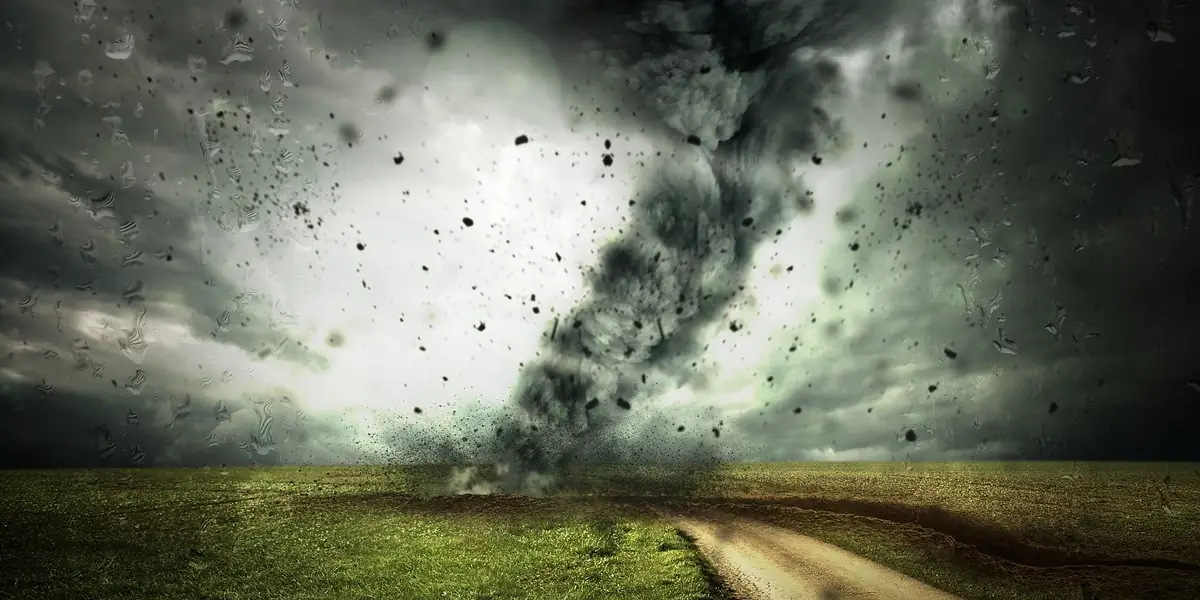Last night, I had the opportunity to experience strong crosswinds for the first time as I tried to sleep in our travel van on the plains of South Dakota. At times, it felt as if the van would tip over or be picked up by the wind and carried to another state. Luckily, I am exaggerating a little, but for me never experiencing that before it was pretty dramatic, especially because there was a dumpster across the road with a lid that was constantly banging in the night. But this experience had me thinking. How does wind affect trains?
Wind significantly impacts train operations, potentially causing derailment, collisions, damage to infrastructure, and safety hazards, requiring speed reduction or temporary halts. Strong crosswinds can push trains off the tracks, especially during acceleration or at high speeds. It creates additional aerodynamic forces on a train, potentially leading to instability and difficulty in controlling the train. Cargo can blow off trains, causing damage to other objects or posing hazards to other trains. And there is so much more.
For so long, I thought that the size and weight of a train seemed to be so massive that I could never have imagined that wind could do so much damage to it. But going through 29 – 30 mile an hour winds last night, I am no longer surprised.
Wind is a funny thing; you can’t see it, but you can feel it. It can be soft and inviting on warm summer days, or it can be bitterly cold and aggressive on a wintery day. It is kind of like our emotions. At times, we feel things that are warm and joyous, but other times hard memories arise and the pain or regret from those situations resurface causing all sorts of mixed emotions.
Emotions are hard. They often hit us without warning and stay longer than we would like. Occasionally, damage can be received through them, leaving scars or unimaginable change in a persons life. Wind-damaged trains can be fixed, but then they are no longer new. We, too, can be fixed, with time and refocusing on what is important, but like the train, we are no longer new.
Research shows that emotions are strongly tied to memory formation and retrieval, with emotionally charged experiences often leading to more vivid and lasting memories, particularly those linked to strong positive or negative emotions, due to the activation of the amygdala (where emotions influence memory in the brain).
No matter what winds of emotion you are going through right now, slow down like our engineer (Jesus Christ) would advise, and take precautions before you are derailed. Our emotions can often cause quite a bumpy ride if not checked. And if you don’t know what exactly God would want you to do with all the feelings going through your body, then pray and let him do a work in you, helping to to sort out all the thoughts and emotions in your mind.
Copyright © 2023 All rights reserved. | Quext by Theme Canary
